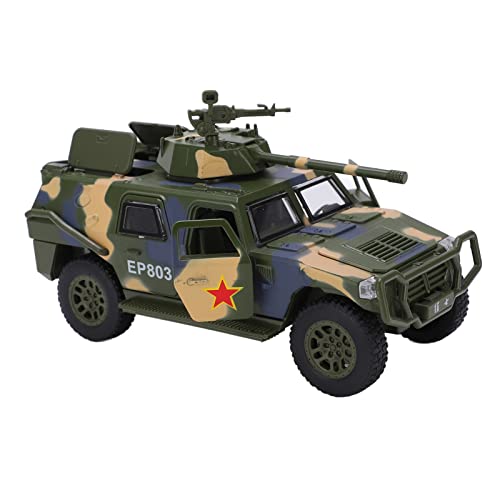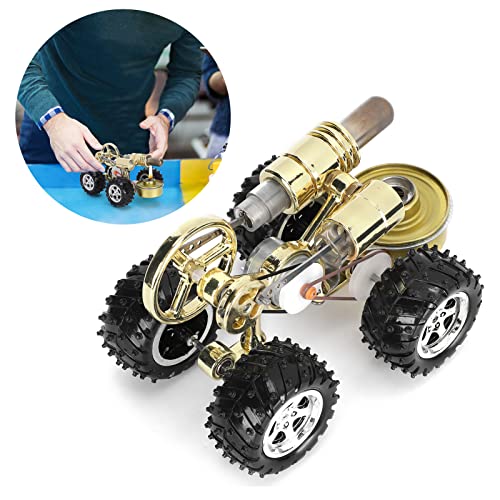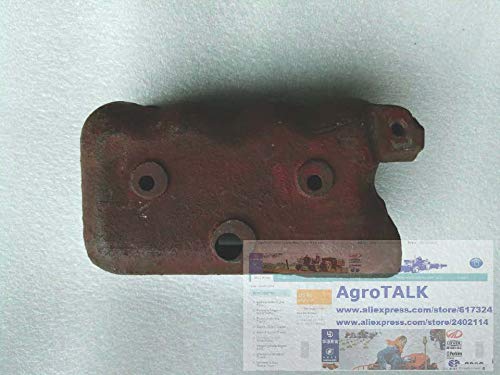State of Washington
70.79.080 Exemptions from chapter. This chapter
shall not apply to the following boilers, unfired pressure ves-
sels and domestic hot water tanks:
(1) Boilers and unfired pressure vessels under federal
regulation or operated by any railroad subject to the provi-
sions of the interstate commerce act;
(2) Unfired pressure vessels meeting the requirements of
the interstate commerce commission for shipment of liquids
or gases under pressure;
(3) Air tanks located on vehicles operating under the
rules of other state authorities and used for carrying passen-
gers, or freight;
(4) Air tanks installed on the right-of-way of railroads
and used directly in the operation of trains;
(5) Unfired pressure vessels having a volume of five
cubic feet or less when not located in places of public assem-
bly;
(6) Unfired pressure vessels designed for a pressure not
exceeding fifteen pounds per square inch gauge;
(7) Tanks used in connection with heating water for
domestic and/or residential purposes;
(8) Boilers and unfired pressure vessels in cities having
ordinances which are enforced and which have requirements
equal to or higher than those provided for under this chapter,
covering the installation, operation, maintenance and inspec-
tion of boilers and unfired pressure vessels;
(9) Tanks containing water with no air cushion and no
direct source of energy that operate at ambient temperature;
(10) Electric boilers:
(a) Having a tank volume of not more than one and one-
half cubic feet;
(b) Having a maximum allowable working pressure of
one hundred pounds per square inch or less, with a pressure
relief system to prevent excess pressure; and
(c) If constructed after June 10, 1994, constructed to
American society of mechanical engineers code, or approved
or otherwise certified by a nationally recognized or recog-
nized foreign testing laboratory or construction code, includ-
ing but not limited to Underwriters Laboratories, Edison
Testing Laboratory, or Instituto Superiore Per La Prevenzi-
one E La Sicurezza Del Lavoro;
(11) Electrical switchgear and control apparatus that
have no external source of energy to maintain pressure and
are located in restricted access areas under the control of an
electric utility;
(12) Regardless of location, unfired pressure vessels less
than one and one-half cubic feet (11.25 gallons) in volume
or less than six inches in diameter with no limitation on the
length of the vessel or pressure;
(13) Domestic hot water heaters less than one and
one-half cubic feet (11.25 gallons) in volume with a safety
valve setting of one hundred fifty pounds per square inch
gauge or less. [2009 c 90 § 3; 2005 c 22 § 1; 1999 c 183 § 3;
1996 c 72 § 1; 1994 c 64 § 2; 1986 c 97 § 1; 1951 c 32 § 8.]
FindingIntent1994 c 64: See note following RCW 70.79.095.
70.79.090 Exemptions from certain provisions. The
following boilers and unfired pressure vessels shall be
exempt from the requirements of RCW 70.79.220 and
70.79.240 through 70.79.330:
(1) Boilers or unfired pressure vessels located on farms
and used solely for agricultural purposes;
(2) Unfired pressure vessels that are part of fertilizer
applicator rigs designed and used exclusively for fertilization
in the conduct of agricultural operations;
(3) Steam boilers used exclusively for heating purposes
carrying a pressure of not more than fifteen pounds per
square inch gauge and which are located in private residences
or in apartment houses of less than six families;
(4) Hot water heating boilers carrying a pressure of not
more than thirty pounds per square inch and which are
located in private residences or in apartment houses of less
than six families;
(5) Approved pressure vessels (hot water heaters, hot
water storage tanks, hot water supply boilers, and hot water
heating boilers listed by a nationally recognized testing
agency), with approved safety devices including a pressure
relief valve, with a nominal water containing capacity of one
hundred twenty gallons or less having a heat input of two
hundred thousand b.t.u.s per hour or less, at pressure of one
hundred sixty pounds per square inch or less, and at tempera-
tures of two hundred ten degrees Fahrenheit or less: PRO-
VIDED, HOWEVER, That such pressure vessels are not
installed in schools, child care centers, public and private
hospitals, nursing and boarding homes, churches, public
buildings owned or leased and maintained by the state or any
political subdivision thereof, and assembly halls;
(6) Unfired pressure vessels containing only water under
pressure for domestic supply purposes, including those con-
taining air, the compression of which serves only as a cushion
or airlift pumping systems, when located in private resi-
dences or in apartment houses of less than six families, or in
public water systems as defined in RCW 70.119.020;
(7) Unfired pressure vessels containing liquified petro-
leum gases. [2009 c 90 § 4; 2005 c 22 § 2; 1999 c 183 § 4;
1988 c 254 § 20; 1983 c 3 § 174; 1972 ex.s. c 86 § 2; 1951 c
Main that seems to cover all hobby use
79.070 Existing installationsConformance
requiredMiniature hobby boilers. (1) All boilers and
unfired pressure vessels which were in use, or installed ready
for use in this state prior to the date upon which the first rules
and regulations under this chapter pertaining to existing
installations became effective, or during the twelve months
period immediately thereafter, shall be made to conform to
the rules and regulations of the board governing existing
installations, and the formulae prescribed therein shall be
used in determining the maximum allowable working pres-
sure for such boilers and unfired pressure vessels.
(2) This chapter shall not be construed as in any way pre-
venting the use or sale of boilers or unfired vessels as referred
to in subsection (1) of this section, provided they have been
made to conform to the rules and regulations of the board
governing existing installations, and provided, further, they
have not been found upon inspection to be in an unsafe con-
dition.
(3) An inspection certificate may also be granted for
miniature hobby boilers that do not comply with the code
requirements of the American society of mechanical engi-
neers adopted under this chapter and do not exceed any of the
following limits:
(a) Sixteen inches inside diameter of the shell;
(b) Twenty square feet of total heating surface;
(c) Five cubic feet of gross volume of vessel; and
(d) One hundred fifty p.s.i.g. maximum allowable work-
ing pressure, and if the boiler is to be operated exclusively not
for commercial or industrial use and the department of labor
and industries finds, upon inspection, that operation of the
boiler for such purposes is not unsafe. [2009 c 90 § 2; 1995 c
41 § 1; 1993 c 193 § 1; 1951 c 32 § 7.]
So for this State a certificate/inspection is required with the key word MAY be granted
Robert
Edit:
70.79.320 Operating without inspection certificate
prohibitedPenalty. (1) It shall be unlawful for any per-
son, firm, partnership, or corporation to operate under pres-
sure in this state a boiler or unfired pressure vessel, to which
this chapter applies, without a valid inspection certificate as
provided for in this chapter.
(2) The department may assess a penalty against a person
violating a provision of this chapter. The penalty shall be not
more than five hundred dollars. Each day that the violation
continues is a separate violation and is subject to a separate
penalty.
(3) The department may not assess a penalty until it
adopts rules describing the method it will use to calculate
penalties for various violations.
(4) The department shall notify the violator of its action,
and the reasons for its action, in writing. The department
shall send the notice by certified mail to the violator that a
hearing may be requested under RCW 70.79.361. The hear-
ing shall not stay the effect of the penalty. [2005 c 22 § 6;
1986 c 97 § 2; 1951 c 32 § 31.]
Operate a home built without paying the fees and the SHALL notify which without a consequence for failure makes it meaningless, WILL become a fine to transfer coin from your pocket to the States













![MeshMagic 3D Free 3D Modeling Software [Download]](https://m.media-amazon.com/images/I/B1U+p8ewjGS._SL500_.png)





















































